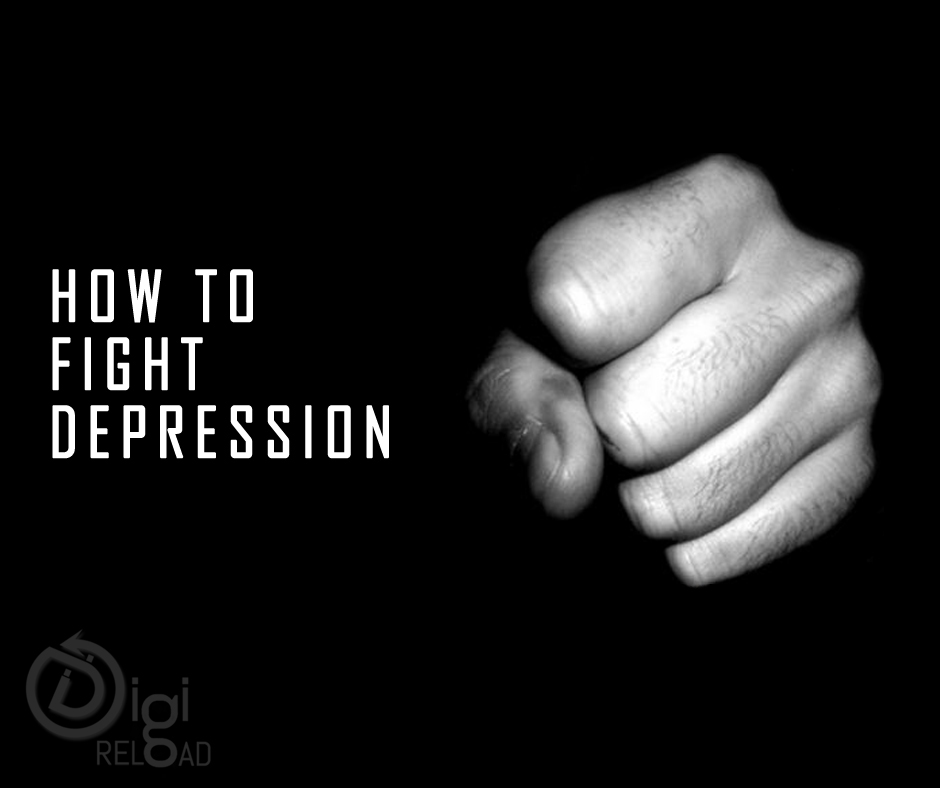Depression can drain your energy, leaving you feeling empty and fatigued. This can make it difficult to muster the strength or desire to seek treatment. However, there are small steps you can take to help you feel more in control and improve your overall sense of well-being. Read on to learn how to incorporate these strategies in a way that makes sense for you.
Face your situation
Depression is common. It affects millions of people, including some in your life. You may not realize they face similar challenges, emotions, and obstacles. The key to self-treatment for depression is to be open, accepting, and loving toward yourself and what you’re going through.
Open Up & Try to keep a note of your feelings
Suppressing your feelings and emotions may seem like a strategic way to cope with the negative symptoms of depression. But this technique is ultimately unhealthy. If you’re having a down day, have it. Let yourself feel the emotions — but don’t stay there. Consider writing or journaling about what you’re experiencing. Then, when the feelings lift, write about that, too. Seeing the ebb and flow of depressive symptoms can be instructive for both self-healing and hope.
Tomorrow is another day
Today’s mood, emotions, or thoughts don’t belong to tomorrow. If you were unsuccessful at getting out of bed or accomplishing your goals today, remember that you haven’t lost tomorrow’s opportunity to try again. Give yourself the grace to accept that while some days will be difficult, some days will also be great. Try to look forward to tomorrow’s fresh start.
Set attainable goals
A lengthy to-do list may be so weighty that you’d rather do nothing. Instead of compiling a long list of tasks, consider setting one or two smaller goals.
For example:
- Don’t clean the house; take the trash out.
- Don’t do all the laundry that’s piled up; just sort the piles by color.
- Don’t clear out your entire email inbox; just address any time-sensitive messages.
Reward yourself for your efforts
All goals are worthy of recognition, and all successes are worthy of celebration. When you achieve a goal, do your best to recognize it. You may not feel like celebrating with a cake and confetti, but recognizing your own successes can be a very powerful weapon against depression’s negative weight. The memory of a job well-done may be especially powerful against negative talk and overgeneralization.
Do something you enjoy
Depression can push you to give into your fatigue. It may feel more powerful than happy emotions. Try to push back and do something you love — something that’s relaxing, but energizing. It could be playing an instrument, painting, hiking, or biking. These activities can provide subtle lifts in your mood and energy, which may help you overcome your symptoms.
Listen to music
Music can be a great way to boost your mood and improve symptoms of depression. It may also help you strengthen your reception of positive emotions. Music may be especially beneficial when performed in group settings, such as a musical ensemble or band. You can also reap some of the same rewards simply by listening.
Go for a walk in the green
Consider taking a walk at lunch among the trees or spending some time in your local park. Or plan a weekend hike. These activities can help you reconnect with nature and soak in some rays at the same time.
Spend time with loved ones
Depression can tempt you to isolate yourself and withdraw from your friends and family, but face-to-face time can help wash away those tendencies. If you’re unable to spend time together in person, phone calls or video chats can also be helpful. Try to remind yourself these people care about you. Resist the temptation to feel like you’re a burden. You need the interaction — and they likely do, too.
Volunteer
Knock out a few birds with one stone — spending time with other people and doing something new — by volunteering and giving your time to someone or something else. You may be used to receiving help from friends, but reaching out and providing help may actually improve your mental health more. Bonus: People who volunteer experience physical benefits, too. This includes a reduced risk of hypertension.























.png)